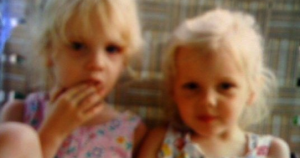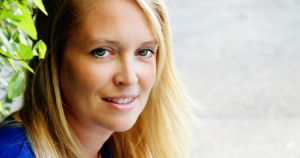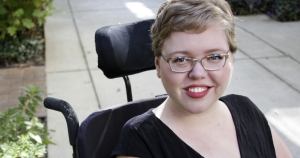
Being A Blind Teenager
That’s the thing about disability, I think. You’re a normal person, you experience normal things, and then, every once in a while, you hit that wall. That reminder that you aren’t quite like the majority of your peers.

That’s the thing about disability, I think. You’re a normal person, you experience normal things, and then, every once in a while, you hit that wall. That reminder that you aren’t quite like the majority of your peers.

Portrayals of scoliosis in fiction often lack realism. Why is there so little reflection on the factors that affect a person’s journey?
I can feel their eyes on me. They’re all staring, judging.

I’ve never written fiction about living with Crohn’s, and to be honest, I’ve never wanted to. Perhaps because I still feel what I felt for years growing up: that nobody wants to hear about my annoying, humiliating misery. Yet I know, intellectually, that this is a shame, because there should be more characters in YA literature who live with chronic illnesses like IBD.

Julian Birch has a “withered” leg from a childhood bout of polio, and Mitchell’s depiction of him is one of the most believable, relatable portrayals of disability I’ve come across.

In my experience, the disabled sibling in fiction exists purely to make the main character’s life more “difficult,” more “sympathetic.” Oh, that poor dear, the writers want you to think,

These magical or futuristic “fixes” seem rooted in a discomfort with disability: many writers cannot (or don’t want to) imagine a life without sight and therefore create excuses to give their character equivalent sighted experiences.

Perhaps “normal” behavior is best described as a “normative spectrum.”

I wanted to write about a real girl with real emotions struggling in a world that too often is unforgiving to those who don’t fit the right mold.

I don’t remember the first time I was bullied, but I do remember the moment I finally realized that I had been bullied.